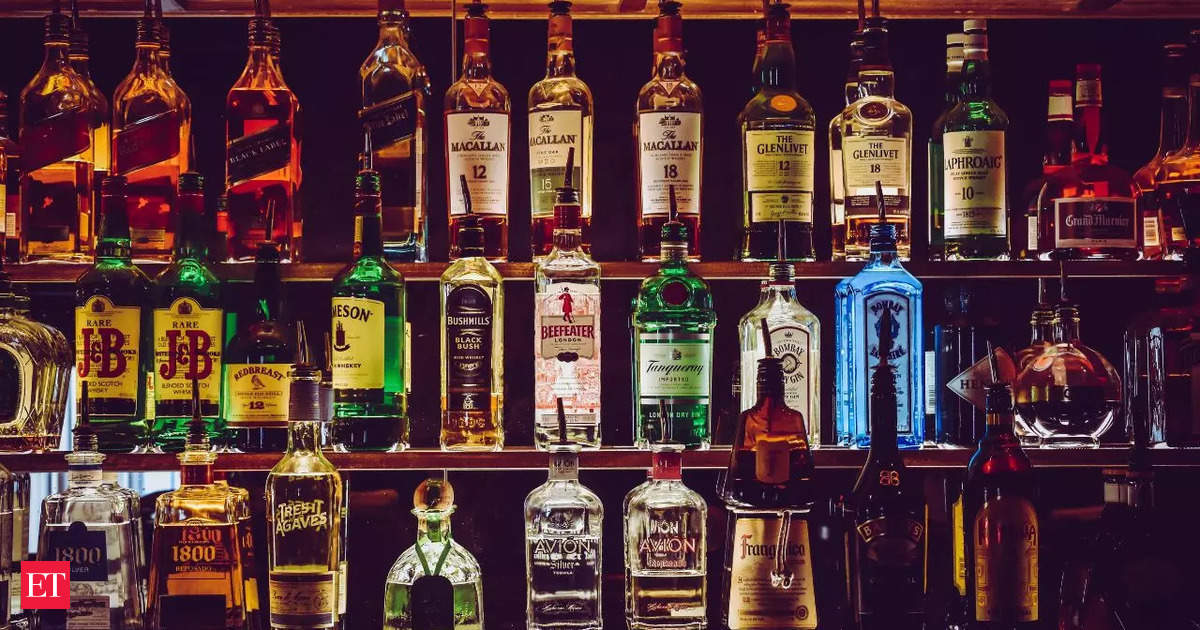Bihar’s alcohol ban in 2016 prevented 24 lakh cases of daily and weekly consumption, and 21 lakh cases of intimate partner violence, according to new research published in The Lancet Regional Health Southeast Asia journal. The ban is also estimated to have prevented 18 lakh men in the state from becoming overweight or obese, it said.
A team of researchers, including those from The International Food Policy Research Institute, Poverty, Health and Nutrition Division, US, analysed data from national and district level health and household surveys.
“Strict alcohol regulation policies may yield significant population level health benefits for frequent drinkers and many victims of intimate partner violence,” the authors wrote.
In April 2016, the Bihar Prohibition and Excise Act brought about a near complete halt on the manufacture, transport, sale, and consumption of alcohol throughout the state.
The overnight launch and its strict enforcement made the ban an “attractive natural experiment to estimate the true causal impacts of a strict alcohol restriction policy on health and domestic violence outcomes,” according to the authors. Data from the National Family Health Surveys-3, -4, and -5 were included in the analysis.
You Might Also Like:
“Before the ban, males in Bihar increased their frequent alcohol intake from 9.7 per cent to 15 per cent, while in neighbouring states, it increased from 7.2 per cent to 10.3 per cent. “After the ban, these trends reversed, with at least weekly alcohol intake decreasing to 7.8 per cent in Bihar, while in neighbouring states it continued to increase to 10.4 per cent,” the authors wrote. They also found evidence for reduced physical violence against women in Bihar, “with a 4.6 percentage points decrease in emotional violence and a 3.6 percentage points decrease in sexual violence”.
On the aspect of the ban’s impact on men’s health, the authors’ modelling estimated that cases of underweight men increased by four percentage points, and those of overweight or obese men decreased by 5.6 percentage points, compared to trends in the neighbouring states.
You Might Also Like:
“We estimate that the ban prevented 2.4 million cases of frequent alcohol consumption, and 1.8 million cases of overweight/obesity among males, and 2.1 million cases of intimate partner violence compared to neighbouring states without a similar prohibition,” the authors wrote.
The findings will be valuable for policy-makers contemplating similar bans in other Indian states, the researchers said.
You Might Also Like:
“While we do not recommend outright bans as a practical and economically viable policy, our study, combined with new evidence that no level of alcohol consumption is safe for humans, suggests that stricter alcohol regulation policies may yield significant population level health benefits for frequent drinkers and benefits for victims of intimate partner violence,” the authors wrote.

